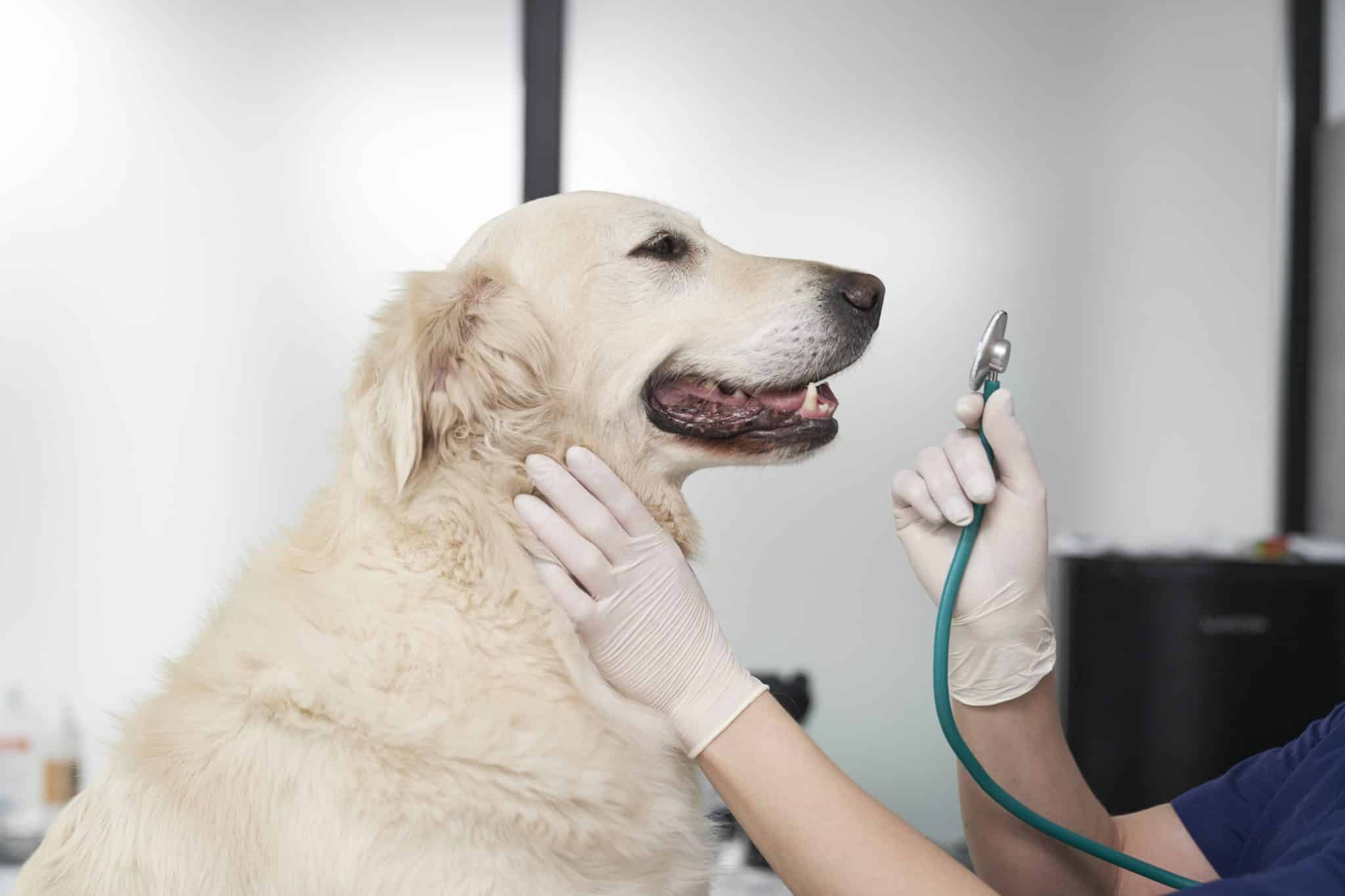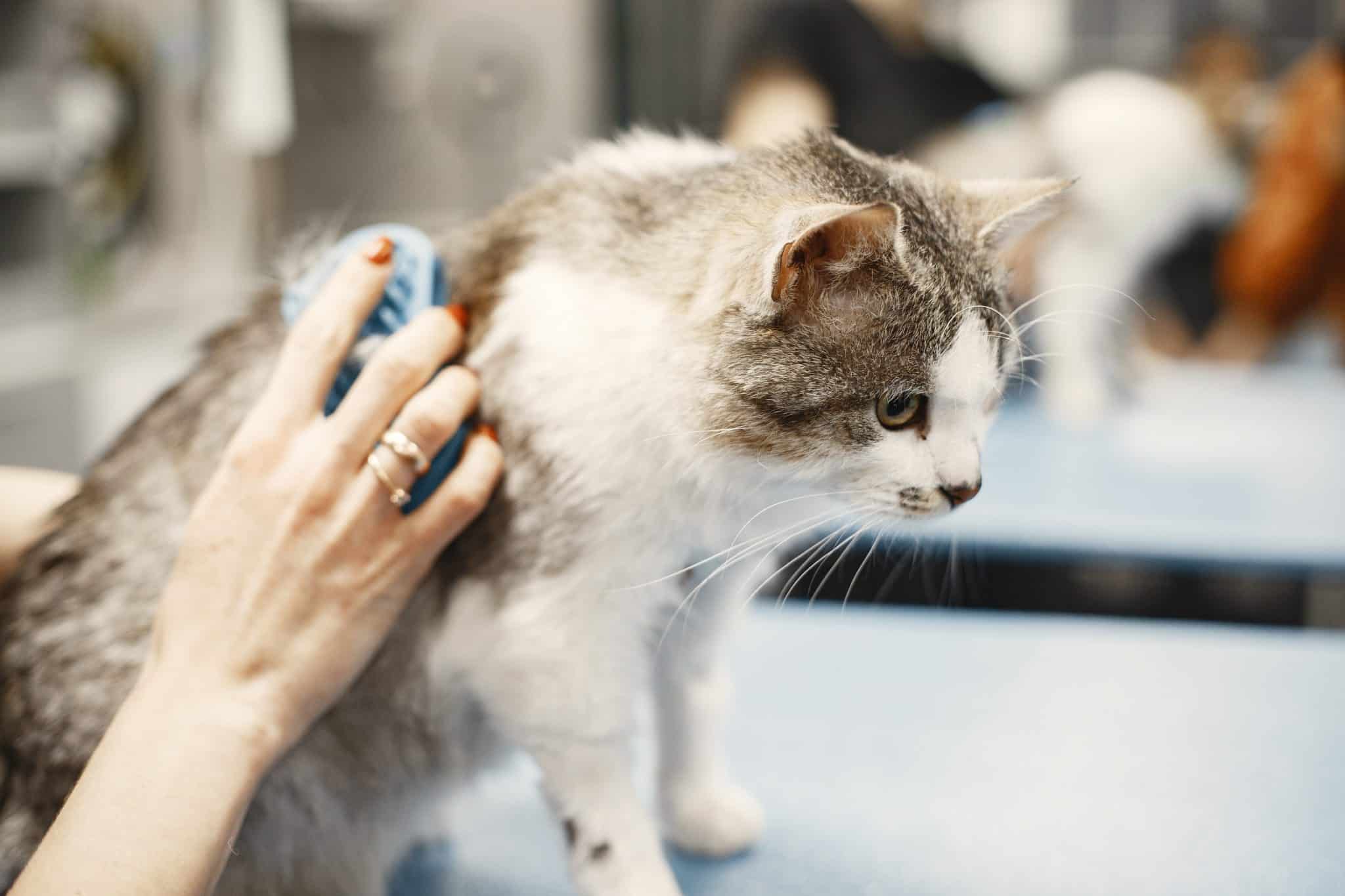If your four-legged best friend has allergies or suffers from a skin disease, they are definitely not alone! Here at our animal clinic, we treat many dogs and cats for allergies and other types of skin conditions, with food and environmental allergies being some of the most common that we see. Allergies in pets are often characterized by itchy and inflamed skin, hair loss, ear infections, and acute and chronic skin infections.
Pet owners who have noticed their pets scratching themselves and licking their feet more often should make an appointment with us as soon as possible. Their dog or cat might have an allergy! We recommend that you call us right away so we can provide your furry companion with the relief they deserve and prevent a stubborn bacterial infection, which can take longer to treat.

Call Westmonte Animal Clinic today at (407) 862-6892 to book an exam for your pet!

What Causes Allergies in Pets?
Pets can be sensitive to many of the same things that make humans allergic, including:
- Food allergies
- Pollen
- Grass
- Dust and dust mites
- Certain proteins in their food
- Flea Bites
- Mold
- Human and/or animal dander
- Fungal infections
Knowing the cause of your pet’s condition could make their treatment more effective, especially if we can reduce their exposure to the allergens responsible.
How To Identify Dog Skin Conditions
Allergies aren’t the only reason why your pet might constantly be scratching and in obvious discomfort. There are a range of skin conditions your dog or cat could be suffering from, including:
- Yeast Infections
- Sarcoptic Mange
- Bacterial Infections
- Fleas & Ticks
- Seborrheic Dermatitis
While there are a wide variety of symptoms that can indicate your dog might be suffering from a skin condition, the most common signs include frequent scratching, red and irritated skin, and biting. Because these symptoms are so common, you’ll need to bring your pet in to see us before we can determine precisely what it is your furry friend is suffering from and the best way for us to treat it.


Skin Conditions in Cats
Any issues with your cat's skin can have a significant impact on its quality of life. And while it might be easy to recognize when your cat is suffering from a skin condition, identifying the exact cause of the problem can be much more challenging. That's because there are hundreds of causes of skin disease in cats.
Hot spots, hair loss, and itchy skin are some common signs that your cat is dealing with some type of skin issue. If you discover these issues, make an appointment with us right away so we can begin to understand what is causing the problem and help give your cat some relief.
How We Diagnose Skin Disorders and Allergies in Dogs and Cats
Dr. Matagrano and her team are highly experienced with allergy management and dermatology for pets. They know that every pet is unique and requires a custom approach to their treatment to get the best results. However, diagnosing skin disorders and allergies in pets typically follows these steps:
- We start with the physical exam, checking your pet’s skin (including their ears), coat, and nails
- Next, we’ll try to get an in-depth history by asking you all kinds of questions about your pet’s nutrition, their environment, the medications that they’re taking, and anything else that could give us answers
- If we need more information to understand your pet’s condition, we may also do skin impressions and/or a skin scraping



